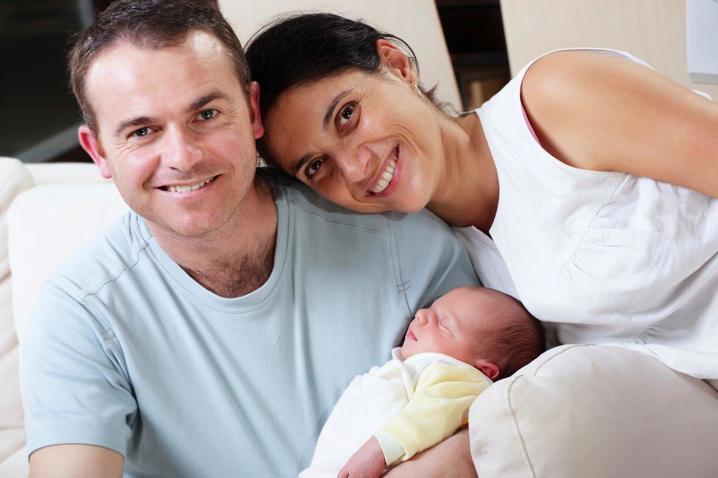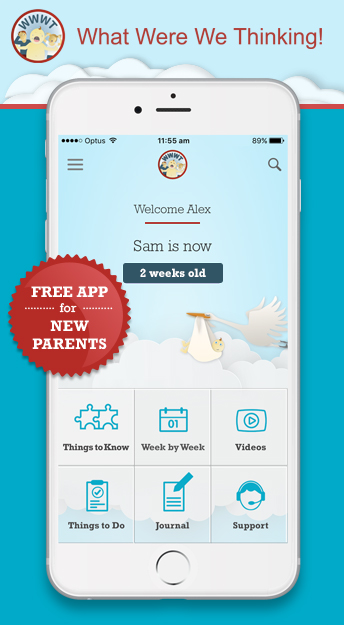The partner-approach to parenting

You may have read the books, been to the classes and talked to dozens of people about parenting, but now you know it’s not really possible to understand the experience of first time parenthood until it happens. Adjusting to the changes of being a new parent can take a toll on your emotional wellbeing and your relationship. Communication, seeking help and learning strategies to cope with a new baby are important to getting through this time.
“Having a baby is a major life change and most people experience a period of adjustment,” says Dr Heather Rowe, Jean Hailes senior research fellow. “It can be an anxiety-arousing time and we need practical support and emotional care from others that has not been needed before.”
The impact of a baby on a relationship
There is consistent evidence that the quality of a woman’s relationship with her partner is associated with her mental health. Mental health is promoted when partners are empathetic, encouraging, supportive and actively involved in the care of the baby. In contrast, wellbeing is lowered if they experience criticism or irritability.
When two people become a family of three, your needs as individuals and as a couple are changed. It can be helpful to think about what your needs are as an individual and as a couple. Your needs around who does an everyday task like cooking and paying the bills can change in the face of the demands of looking after your baby.
Your sex life is likely to change because you are tired, your body has changed and/or your relationship with your partner is in a state of flux as you adjust to life as a family. This can be demanding for both partners, particularly if you are not able to talk comfortably about these changes. It is true, in most instances, that a new mum will put the baby’s needs before a partner’s needs and even her own. It is common for partners to feel excluded in this new triangle. If this isn’t discussed, it can lead to feeling of guilt and defensive behaviour.
Here are two practical ways to help you and your partner along the way:
- Acknowledge the togetherness e.g. "It’s so good we’ve been through this together"
- Thank each other often and communicate your feelings to each other e.g. "It's scary", "I am bursting with joy and dying of tiredness", "I don't want to lose ‘us’ now that there are three of us"
The What Were We Thinking! app provides lots of ideas and support to help parents adjust to these relationships changes, including worksheets and videos to help communication and co-parenting skills. The app is full of information, resources and reassurance for new parents, and is designed to build confidence and practical skills to help care for a newborn and reflect on and manage common experiences.
New parents can call upon the WWWT app day or night when they need reliable support and advice in addition to their GP, obstetrician or child and family health nurse. Available to download for free on App Store (iOS) and Google Play (Android), the app was developed with funding from the Australian Government Department of Health. Content is based on the award-winning, evidence-based What Were We Thinking! program developed by leading Australian researchers from the School of Public Health and Preventive Medicine at Monash University and Jean Hailes for Women’s Health.
Fiona Darling is a Social Worker and Senior Project Officer at Jean Hailes for Women’s Health. Fiona provides oversight for the engagement and development of the What Were We Thinking! (WWWT) e-mental health resources designed to assist new parents and the professionals working alongside them.
Posted in: A new reality Baby 0-4 weeks Health Professionals In this together Late pregnancy Your needs








